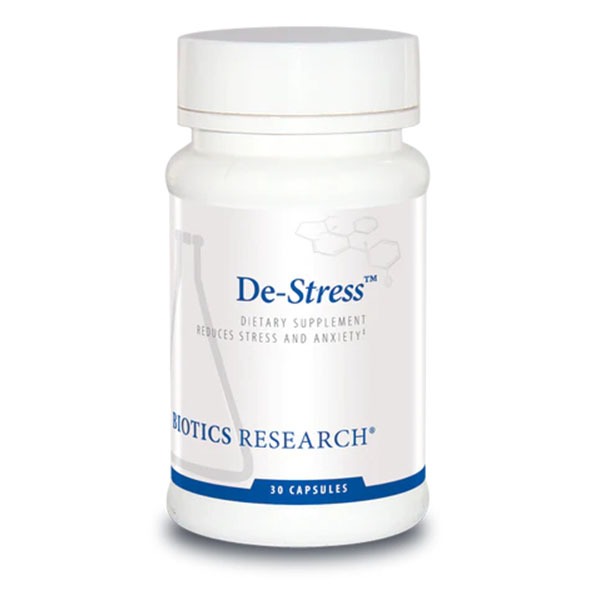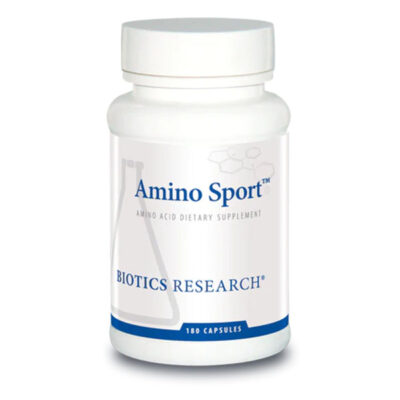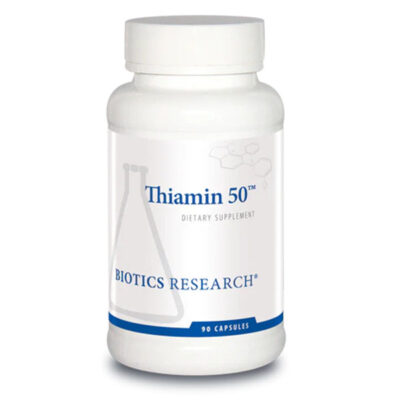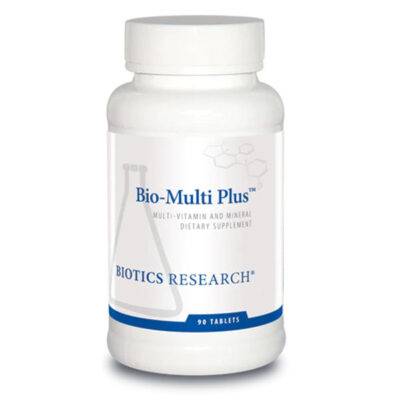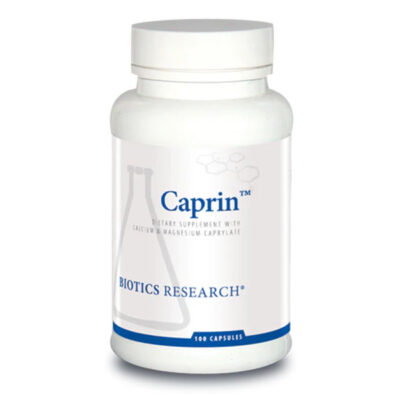DE-STRESS (Unique Sedative) – 30 Capsules
*** Please Login or Register with DC Nutrition to see Prices and Add To Cart. ***
Login | Create An Account / Register
For some mammalian species [including humans], the newborn is an external embryo. The milk they receive becomes the umbilical cord, which links the newborn to the maternal organism (the mother]. A baby's enzymatic system is different from that of the adult, especially concerning low pepsin levels, thereby displaying predominant trypsic activity.
Observing the baby's calm state after drinking warm milk, a research team from Nancy University observed the link between the trypsic activity in the milk and the calm state of the baby. This led to research of the milk casein hydrolysate fractions and peptides with an anxiolytic activity.
De-Stress from Biotics Research Corporation - What Is It?
De-Stress is a patented, specially produced milk protein hydrolysate, concentrating a specific peptide and demonstrating anxiolytic activity.
Researchers started with a laboratory production of an alpha-S1 casein trypsic hydrolysate, which showed anxiolytic activity; in vitro (binding test to the GABAa receptor, ligand: 3/1 - methyl flunitrazepam) and in vivo (elevated plus maze test) on rats.
Using molecular separation technologies, they were able to isolate (from the trypsic hydrolysate) one peptide with this specific anxiolytic activity. The amino acid sequence had been determined as a decapeptide.
Specific Binding
To better understand the specific binding with the GABAa receptor, the spatial model from the Biosym Discover Program was utilized. The active decapeptide spatial structure had been determined by circular dichroism methods (two dimensional NMR spectroscopy) and by molecular dynamic simulation in collaboration with Nancy University and a Nancy MRS Unit in France.
The peptide adopts a 3-10 helix structure initiated and terminated by an alpha-turn. The hydrophobic side chains are located on the same side of the Molecule, while the hydrophilic side chains are located on the opposite side, giving the decapeptide an amphiphilic characteristic.
By the conformation study, one can imagine the peptide's ability to cross different barriers. They also observed that the Nitrazepam and decapeptide structures were poly closed, notably on a special length link.
Pre-Clinical Studies
Using the Global Anxiety Score, pre-clinical double blind studies were carried out on the naturally purified peptide as well as the De-Stress hydrolysate containing it. The results indicated that the anxiolytic activity is positively related to the used dose and that the purified peptide and the De-Stress hydrolysate each demonstrated significant anxiolytic activity.
The natural peptide was also tested for three major side effects generally attributed to benzodiazepines (like Librium or Valium) -- dependence, memory loss and tolerance. There was no apparent indication of dependence, memory loss, or tolerance to the De-Stress hydrolysate.
These results were confirmed by the Irwin test showing a satisfactory safety profile.
Human Clinical Trials
Twenty-four healthy volunteers (12 males, 12 females) were subjected to Psychometric tests (Cattell Anxiety Scale, Spielberger Anxiety Inventory State-Level) to evaluate anxiety evolution in a moderate stress situation, with or without consumption of the De-Stress hydrolysate for 15 days. A comparative, randomized double-blind design involving 3 parallel groups was employed. The products were administered under the supervision of the investigator at the research unit, with the actual time of the product ingestion being documented in the individual case report forms.
Testing included anxiety questionnaire 1 (Cattell anxiety scale), attention/ concentration test, mental rapidity test, Stroop test, and anxiety questionnaire 2 (Spielberger anxiety inventory).
Also included were tests for Systolic Blood Pressure, Diastolic Blood Pressure, heart rate, AUC (area under the curve), Cmax (max. value), Dmax (max. increase) and salivary cortisol levels.
Following the saliva stress tests, volunteers with a high anxiety level as a stable disposition had a slower increase of their global anxiety-state score when they received the hydrolysate.
Forty-Two healthy volunteers (all males) participated in a double-blind randomized designed study. One single dose of De-Stress hydrolysate was studied. One group received the De-Stress hydrolysate, the other group received the placebo. The products were administered under the supervision of the investigator at the clinical research center, with the actual time of ingestion documented in the individual case report forms.
Results
Systolic blood pressure was significantly less in the active group vs. the placebo group during the Stroop test.
Cortisol is a stress hormone released by the adrenal glands. Because it is a stress indicator, cortisol levels were measured. Blood cortisol remained stable in the control group, while decreasing significantly in the active group during the stress test (cold pressor test).
ACTH is a normal product of the anterior pituitary and acts as the controller of the secretion of cortisol. ACTH levels are an indicator of stress. During the stress tests, blood ACTH levels increased in the control group but not the active group.
PRODUCT DESCRIPTION:
Two capsules supply:
De-Stress TM hydrolysate*
(as hydrolyzed casein concentrate) 220 mg
*De-Stress supplies a decapetide, as determined by its amino acid sequence, having anxiolytic activity.
All research has been submitted for publication.
Recommendation: Take as a dietary supplement, one (1) or two (2) capsules depending on a person’s weight one (1) capsule for those weighing 110 lbs. or less, two (2) capsules for those weighing more than 110 lbs.) taken twice daily, once before bedtime and once during the day at a time of intense stress, or as other wise directed by a health care professional.
Contains: 30 Capsules
Product #: 7707
NDC: 55146-7707

